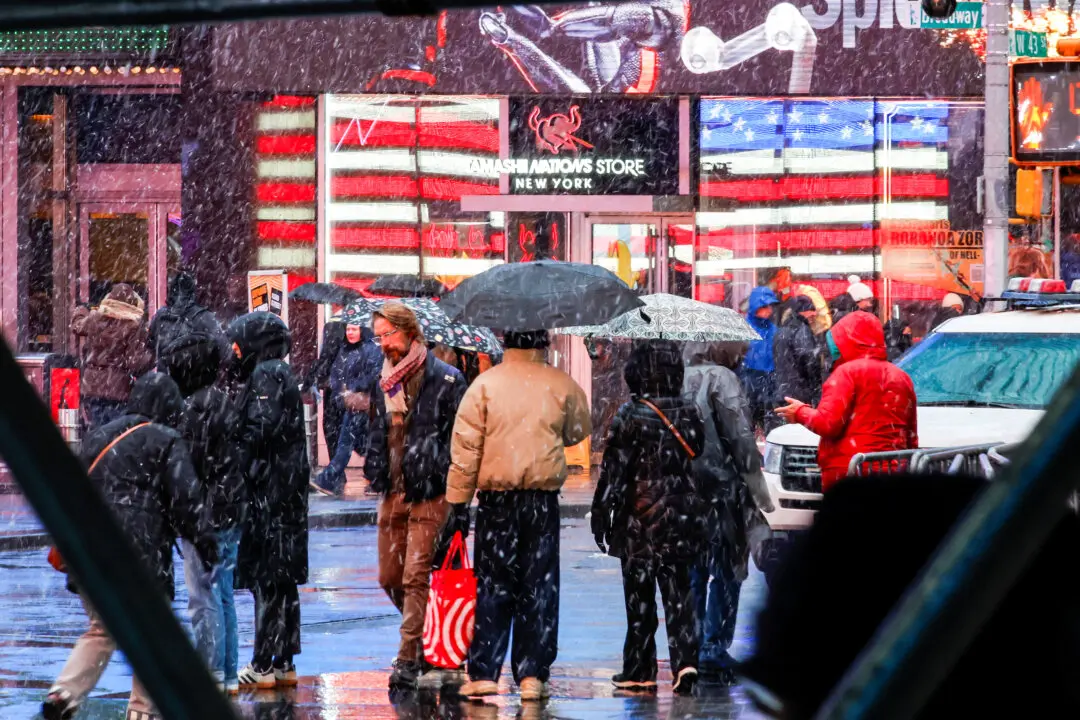The FBI on April 29 said it received multiple tips about a security threat minutes before a gunman opened fire in a California synagogue, killing a woman and wounding three other people, but did not have enough detail or time to prevent the attack.
Police are investigating what motivated a 19-year-old suspect to open fire on the Chabad of Poway synagogue in suburban San Diego on April 27, including whether to bring hate crime charges against the man who surrendered to police shortly after the attack.





